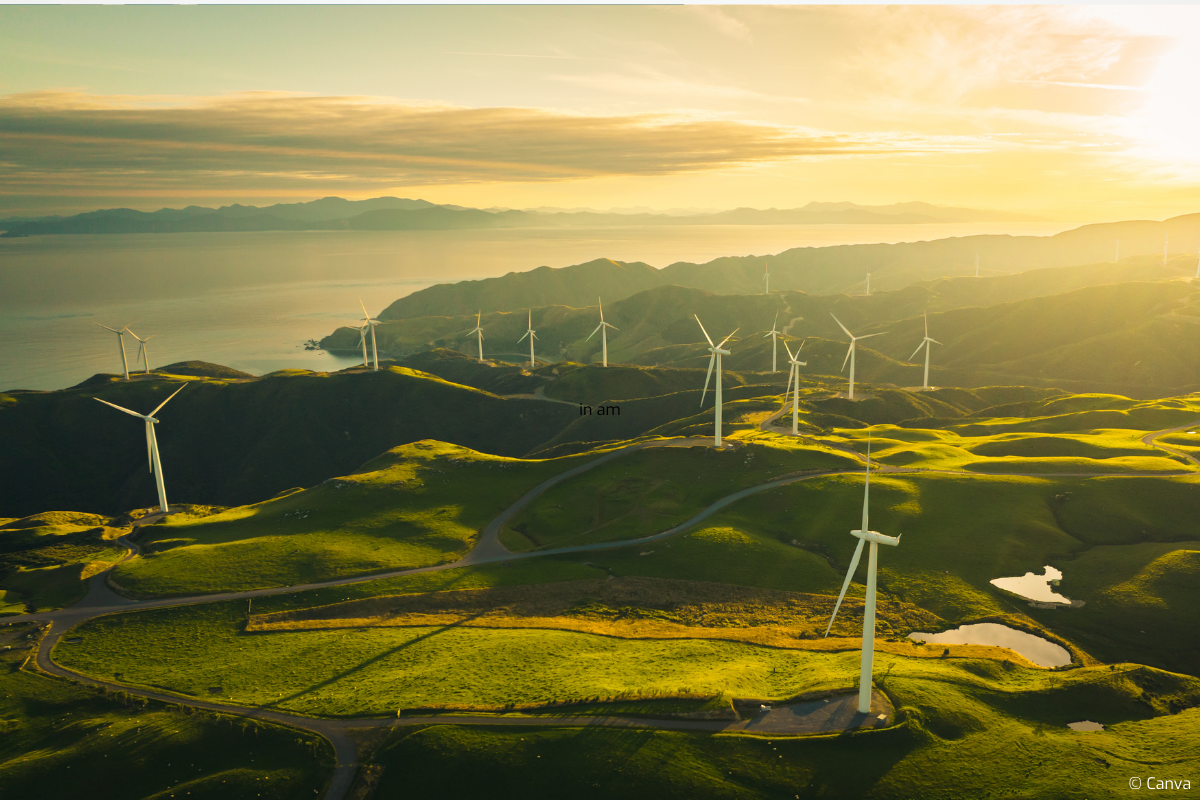H2LAC is a collaborative platform whose objective is to promote the development of green hydrogen and its derivatives in Latin America and the Caribbean in order to promote its production, use and export. It was created in 2020 by the Deutsche Gesellschaft für Internationale Zusammenarbeit (GIZ) together with the World Bank, ECLAC and the European Union’s Euroclima Program to foster cooperation and exchange between different stakeholders and accelerate the advancement of green hydrogen in the region.
H2LAC, nace del trabajo que la GIZ realiza desde la década anterior, a través de distintos programas y proyectos en América Latina, y especialmente desde los aprendizajes y resultados alcanzados en el Programa de Energías Renovables y Eficiencia Energética 4e, en Chile.

Why green hydrogen
The increase of greenhouse gases (GHGs) in the atmosphere has led to what we know today as climate change, measured mainly by CO2 concentration. One of the major contributors to GHGs is the combustion of coal – the most polluting of the fossil fuels. In the near future, much of the energy demand will be supplied by coal, the most polluting fuel. through electrification with renewable energies, which are already competitive and less expensive than fossil fuels.
The green hydrogenis produced through the electrolysis of water, with the electricity coming from a renewable source. This energy vector in the form of gas does not generate GHGs and offers a sustainable solution to meet energy demands that cannot be met through electrification, contributing to the decarbonization goals established in the Paris Agreement.
Why in Latin America and the Caribbean
The abundant natural resources of Latin America and the Caribbean are part of the great potential for the development and economic diversification of a sustainable industry. Producing green hydrogen and its derivatives, decarbonizing industries and developing an export market are part of the region’s opportunities.
This task requires cooperation, both public and private, facilitating the generation of alliances, promoting intergovernmental synergies with the support of multilateral organizations, facilitating the generation and consolidation of their own capacities as well as the design of public policies, such as certification schemes.


What is GIZ?
The Deutsche Gesellschaft für Internationale Zusammenarbeit (GIZ) GmbH is a German state-owned organization and service provider for international cooperation and sustainable development, committed to working for a decent future worldwide.
It has more than 50 years of experience in a wide range of fields, from economic and employment promotion to energy and environmental issues to the promotion of peace and security.